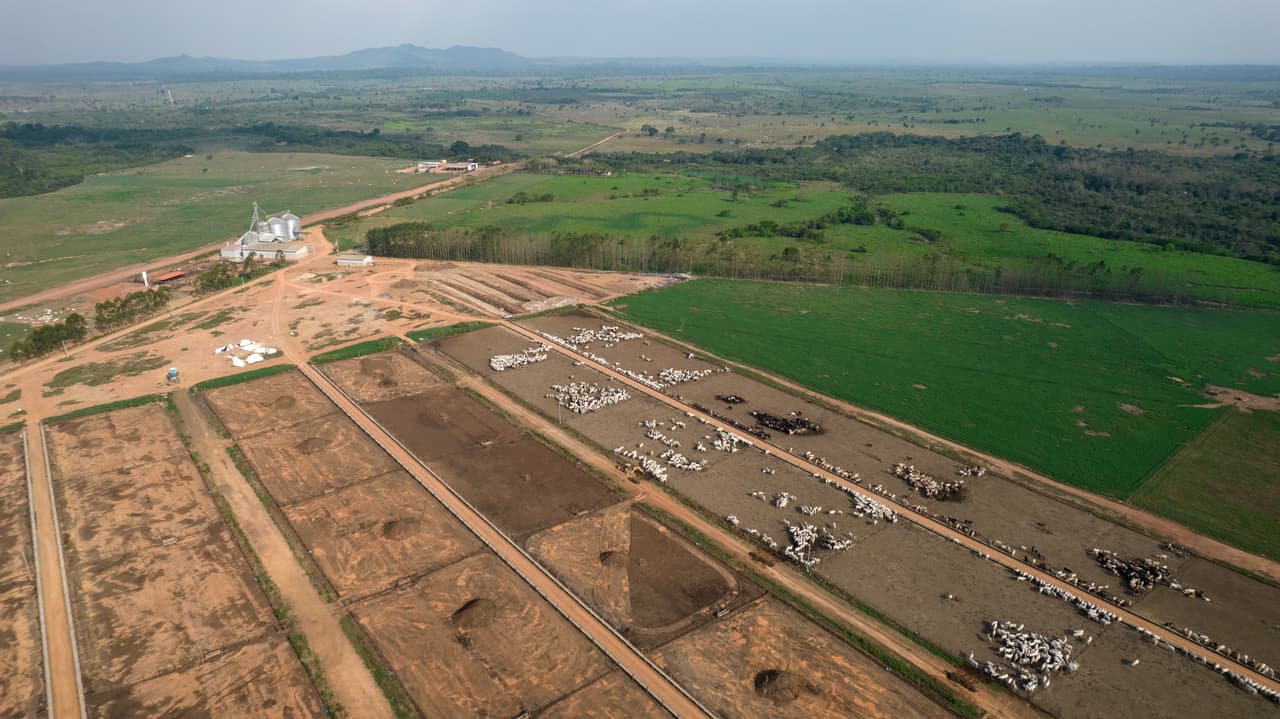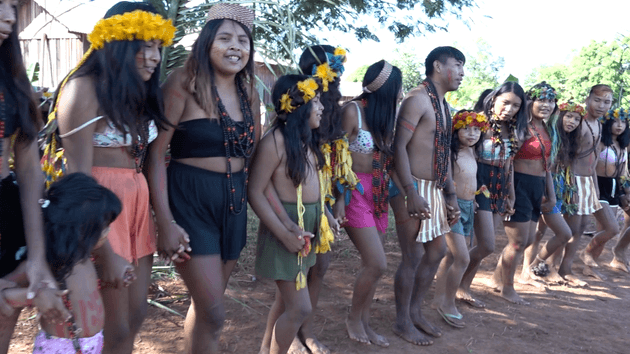
Nestlé drops supplier linked to Indigenous land invasions
Nestlé, the world’s largest food company, has removed Marfrig from its list of suppliers in Brazil, a year after a TBIJ investigation linked the beef giant to purchases of cattle from seized Indigenous land.
As recently as July, several Marfrig slaughterhouses were listed on Nestlé’s website as supplying the company with beef, which is used in its baby food, pet food and seasoning products. None appear on the updated 2023 list.
Last September, an investigation by TBIJ, The Guardian and O Joio e O Trigo found that a Marfrig slaughterhouse had received cattle from a farm located inside Menku Indigenous territory in Brazil, home to the Mỹky people.
A spokesperson for Nestlé has told TBIJ that the company decided to phase out Marfrig in 2021 and “asked our direct suppliers to ensure that we do not receive any meat ingredients from the company”.
The Mỹky have lived for centuries in the Menku territory, which is on the border of the Amazon rainforest and the Cerrado savanna. But the land has been steadily encroached on by ranchers who continue to destroy swaths of the forest.
“This pasture, where the whites live, was also our village,” village elder Xinuxi Mỹky told TBIJ. “But now they are raising cattle.”
Marfrig cattle suppliers analysed in the investigation were linked to more than 150 sq km of deforestation in recent years.
 The Mỹky people have lived on Menku territory for centuries
The Mỹky people have lived on Menku territory for centuries
Marfrig told TBIJ it does not purchase livestock from farms that illegally encroach on Indigenous land or destroy sections of rainforest. However, it also said it only recognised Indigenous lands that have received presidential approval.
The Mỹky’s situation has worsened since the decision to formally recognise their land was reversed by the administration of former president Jair Bolsonaro at the end of last year. At least seven new farms in Mỹky territory have been registered in 2023, according to Agência Pública.
The Indigenous Missionary Council is appealing the decision and is hoping for a favourable outcome under President Luiz Inácio Lula da Silva. Since he took office in January, Lula has officially recognised eight Indigenous lands across Brazil.
“This is a big fight against big companies and the agribusiness, said Typju Mỹky, an Indigenous filmmaker and activist. “The [TBIJ] story and the results gave us more strength to continue fighting for our territory.”
Header image: Cattle grazing on land cleared for industrial farming in Brazil. Credit: Jonne Roriz/Bloomberg via Getty Images.
Reporter: Grace Murray
Environment editor: Robert Soutar
Editor: Franz Wild
Fact checker: Alex Hess
Our Food and Farming project is partly funded by Quadrature Climate Foundation and partly by the Hollick Family Foundation. None of our funders have any influence over our editorial decisions or output.
-
Area:
-
Subject:




